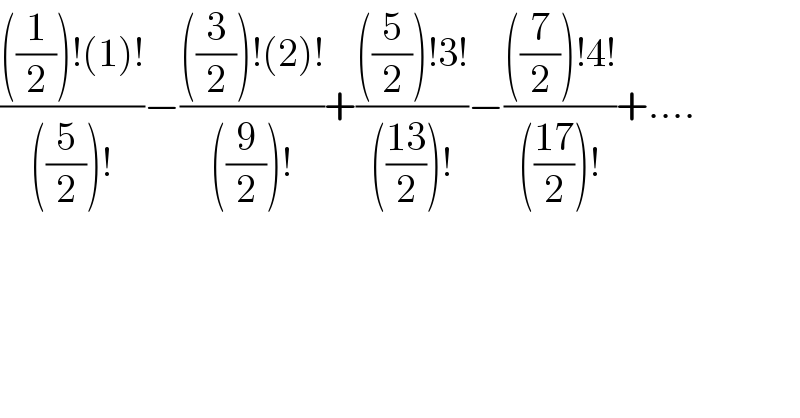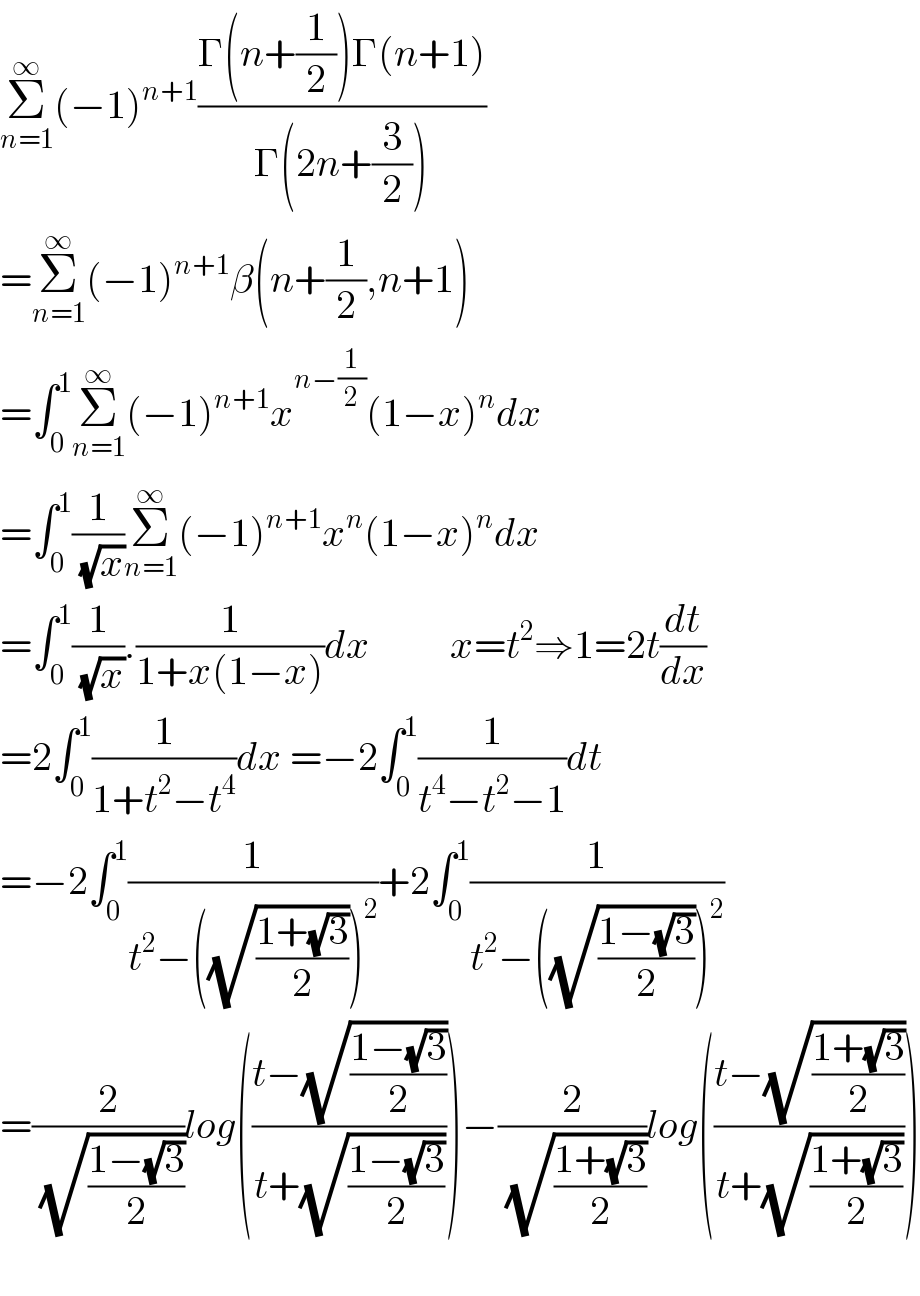
Question and Answers Forum
Question Number 123807 by Dwaipayan Shikari last updated on 28/Nov/20

Commented by Dwaipayan Shikari last updated on 28/Nov/20

| ||
Question and Answers Forum | ||
Question Number 123807 by Dwaipayan Shikari last updated on 28/Nov/20 | ||
 | ||
Commented by Dwaipayan Shikari last updated on 28/Nov/20 | ||
 | ||